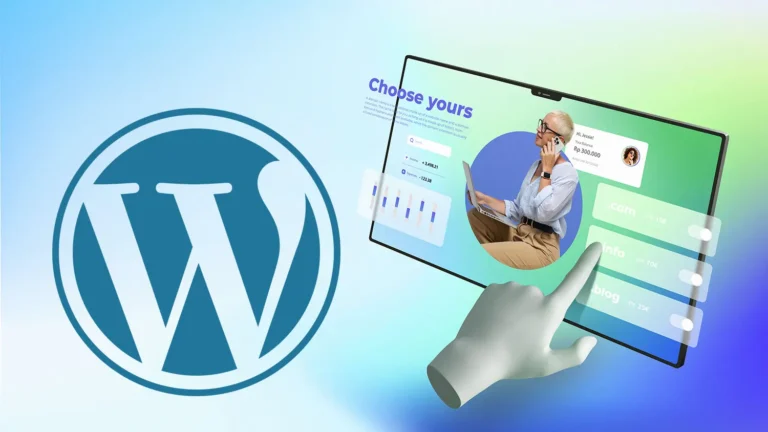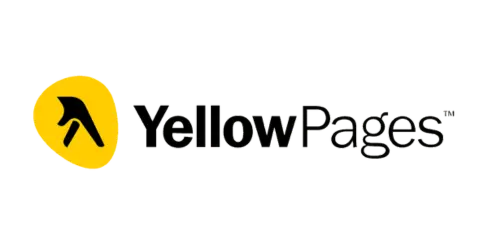Starting a freelancing career is exciting, especially when platforms like Fiverr, Upwork, or Freelancer.com make it easier to find clients and projects. These freelancing sites provide opportunities for beginners to gain experience and earn money. However, relying solely on these platforms can lead to challenges in the long run.
In this blog, we’ll discuss why it’s crucial for freelancers to transition from freelancing sites to developing their own business. I’ll share real-life examples, explain the risks of dependency on freelancing platforms, and outline the benefits of building a stable freelancing business.
Freelancing Sites: A Great Starting Point but Not a Long-Term Solution
Freelancing platforms are perfect for beginners. They offer a structured environment where freelancers can create profiles, showcase skills, and connect with clients. However, these platforms come with significant limitations:
- Lack of Control
Freelancers are bound by the platform’s rules. Any violation, even if unintentional, can result in penalties, suspensions, or permanent bans. - High Commission Fees
Platforms often take a percentage of your earnings. For instance, Fiverr charges a 20% commission on every order, reducing your actual income. - Ranking Challenges
Freelancing sites like Fiverr rely on ranking algorithms to showcase gigs. If your gig loses ranking, your visibility decreases, making it harder to find clients. - No Stability
Accounts can be deactivated at any time without warning, leaving freelancers with no income source. This unpredictability makes it challenging to plan for the future.
Real-Life Example: Rahim’s Story
Let’s consider Rahim, a skilled graphic designer. He started his career on Fiverr and built a strong client base with excellent reviews. However, one day, his account was disabled due to a client’s complaint, and he lost years of hard work overnight. This highlights the dangers of relying solely on freelancing platforms.
Why Freelancers Should Develop Their Own Business
Transitioning to your own freelancing business offers numerous advantages. Here’s why it’s the best path for long-term success:
1. Stability and Security
Unlike freelancing sites, your business doesn’t depend on external platforms. You have full control over your operations and don’t face the risk of sudden account deactivation.
2. Higher Earnings
When you run your own business, there are no commissions or platform fees. Every dollar you earn is yours to keep.
3. Direct Client Relationships
Building your own business allows you to establish direct relationships with clients. This eliminates middlemen and fosters trust, leading to long-term collaborations.
4. Flexibility and Creativity
With your own business, you’re not limited by platform rules. You can offer customized services, explore new ideas, and adapt your strategies based on client needs.
5. Personal Branding Opportunities
Having your own freelancing business helps you build a strong personal brand. Clients recognize you as an independent professional rather than just another freelancer on a platform.
6. Scalability
Freelancing platforms limit your growth. In your own business, you can scale by hiring a team, expanding your services, and targeting new markets.
How to Transition from Freelancing Sites to Your Own Business
Making the shift may seem challenging, but with a strategic approach, it’s achievable. Here’s how you can transition effectively:
1. Start While Working on Platforms
Don’t quit freelancing sites immediately. Use them to build a portfolio, gain experience, and save money for your business.
2. Create a Professional Website
Invest in a website that showcases your services, portfolio, and client testimonials. A website establishes credibility and makes it easier for clients to find you.
3. Leverage Social Media
Promote your business on platforms like LinkedIn, Facebook, and Instagram. Share valuable content, engage with your audience, and build a network of potential clients.
4. Network with Clients
Reach out to past clients from freelancing platforms and let them know about your independent business. Offer exclusive deals to encourage them to work with you directly.
5. Focus on Personal Branding
Establish yourself as an expert in your field. Share industry insights, write blogs, and create content that showcases your expertise.
6. Offer Value-Added Services
Differentiate yourself from competitors by offering unique or value-added services. This could include free consultations, custom solutions, or additional resources.
7. Develop a Long-Term Strategy
Plan for growth by setting clear goals and strategies. Whether it’s expanding your service offerings or targeting new markets, always work toward a bigger vision.
Overcoming Challenges in the Transition
Transitioning from freelancing platforms to your own business comes with challenges. Here’s how to overcome them:
- Finding Clients
Initially, finding clients can be tough. Use social media, referrals, and your website to attract leads. - Managing Finances
Without platform support, you’ll need to handle payments and invoicing independently. Tools like PayPal or Stripe can simplify the process. - Building Trust
Gaining client trust takes time. Focus on delivering quality work, maintaining professionalism, and gathering testimonials to establish credibility. - Time Management
Running your own business involves juggling multiple tasks. Use productivity tools and prioritize tasks to stay organized.
Final Thoughts
Freelancing platforms are excellent for starting your career, but they’re not a long-term solution. The risks of dependency—account deactivation, high commissions, and lack of control—outweigh the benefits.
Transitioning to your own freelancing business offers stability, higher earnings, and growth opportunities. While the process may take time, the rewards are worth the effort. Start small, plan strategically, and focus on building a business that ensures long-term success and independence.
Take the Leap
If you’re ready to take your freelancing career to the next level, start planning your transition today. The sooner you build your own business, the sooner you’ll achieve financial freedom and professional growth.











